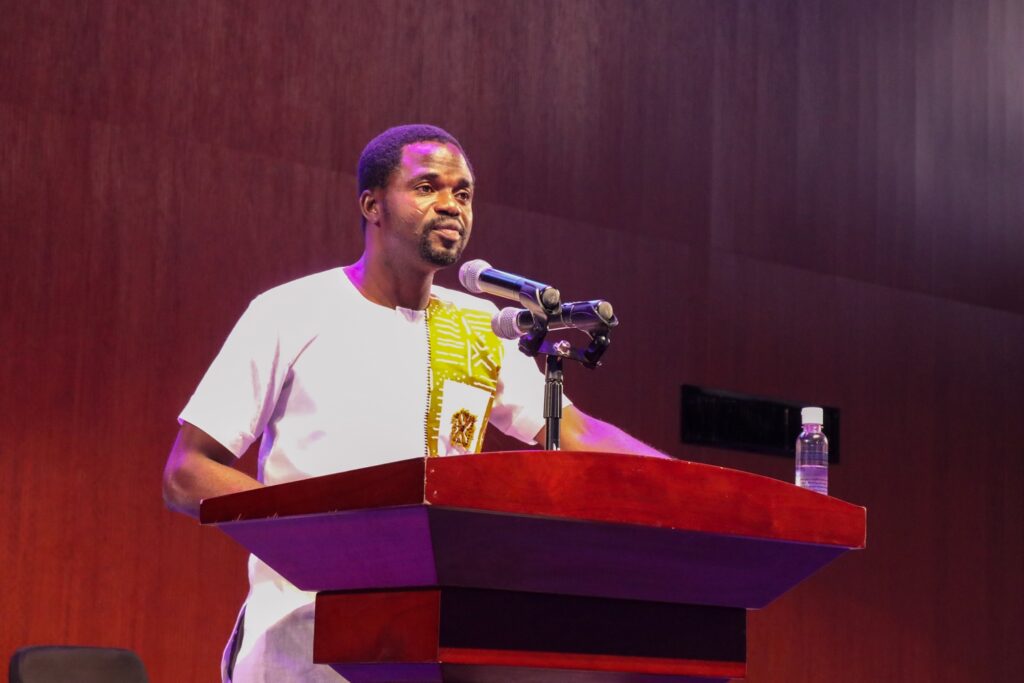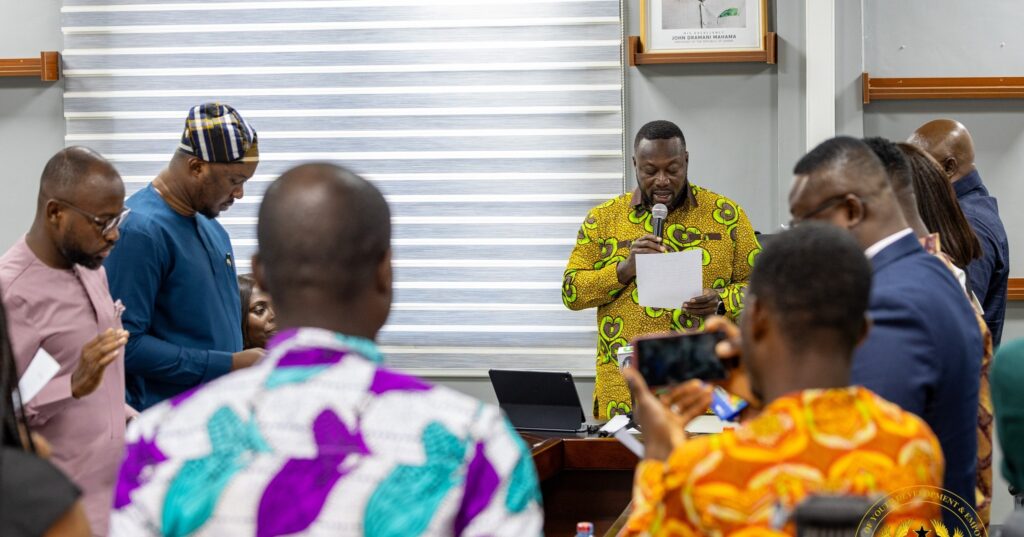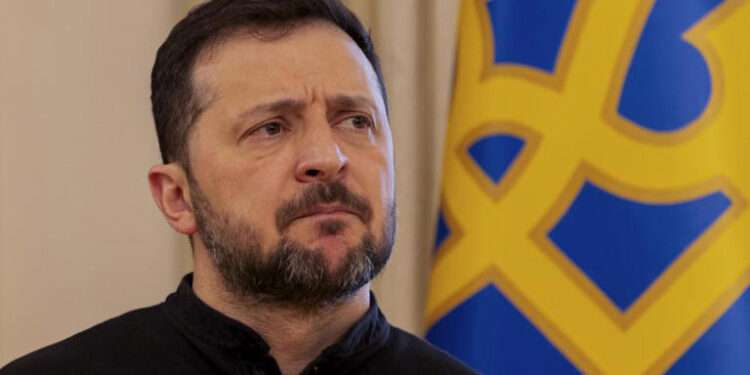The Office of the President has formally acknowledged receipt of a petition filed by investigative journalist Manasseh Azure Awuni, calling for the discontinuation of the expired Sanitation Improvement Programme (SIP) contract between the Youth Employment Agency (YEA) and waste management giant Zoomlion Ghana Limited.
In a letter signed by Dr. Callistus Mahama, Secretary to the President, the Jubilee House assured the petitioner that the matter is receiving the necessary attention and that the outcome will be communicated in due course.
The letter, which was also copied to the Vice President and the Chief of Staff, marks the first formal response from President John Dramani Mahama’s government on the contentious deal since returning to office in January.
“The matter is being given the necessary attention, and the outcome will be communicated to you in due course,” the statement read, offering no definitive direction but confirming that the concerns have not been ignored.
The petition, submitted by Manasseh Azure Awuni, raises significant questions about value for money and labour exploitation embedded in the YEA-Zoomlion partnership, which has been widely criticised for benefiting the private contractor at the expense of thousands of low-paid sanitation workers.

Zoomlion’s Controversial Wages
At the centre of the controversy is the financial arrangement wherein Zoomlion receives GHS 850 per worker from public funds but pays each sweeper only GHS 250, retaining a disproportionate GHS 600 per head as a management fee.
The YEA-Zoomlion contract, originally structured under the Youth Employment Agency to manage sanitation through organized street sweeping and cleaning services, has long served as a core sanitation strategy in Ghana’s Metropolitan, Municipal, and District Assemblies (MMDAs).
However, the structure of the agreement has been slammed by civil society and labour activists as exploitative and inefficient.
Under the terms of the deal, Zoomlion acts as a middleman between the YEA and sanitation workers, organizing a national sanitation workforce tasked with cleaning markets, truck stations, and public spaces.
While the arrangement has allowed the government to outsource sanitation logistics on a large scale, critics argue that it does so at the cost of fair compensation and transparent governance.

Zoomlion’s dominant presence across the nation’s assemblies—from Accra to rural districts like Nanton and Mion—has effectively made it the sole sanitation contractor under the SIP module.
This monopolistic hold, many argue, has stifled competition and prevented the evolution of more cost-effective and equitable public sanitation solutions.
The fact that the current National Democratic Congress (NDC) government is considering renewing the contract, which expired in September 2024 during the previous New Patriotic Party (NPP) administration, has further alarmed the public.
Transparency advocates and members of the public have responded strongly to the news, questioning the justification for sticking with a model that is generally viewed as antiquated and unfair.
Calls for Review
The Minister for Youth Empowerment and Development, Hon. George Opare Addo, tasked the newly established YEA Board with conducting a thorough evaluation of all current YEA modules, including the SIP agreement with Zoomlion.
The Minister underlined in his inaugural address that the agency’s programs must be in line with the interests of the beneficiaries and the state, not with long-standing private interests.

Manasseh Azure Awuni has previously attacked the Zoomlion-YEA partnership.
He has released numerous investigative reports over the years that describe alleged anomalies, such as dubious procurement procedures, exorbitant management fees, and the subpar working conditions that sanitation workers under the SIP endure.
His petition seems to be an extension of his calls for public-private partnerships to be transparent and accountable.
With the government’s response, the Presidency now has the final say in the matter and must consider political expediency, fiscal responsibility, and public outcry when making its decision.
Given the broad call for changes to sanitation services and youth employment programs, the administration’s next action may indicate how committed—or not—it is to social justice and transparency.
READ ALSO: U.S. Oil Output Faces Decline Amid Global Demand Uncertainty























